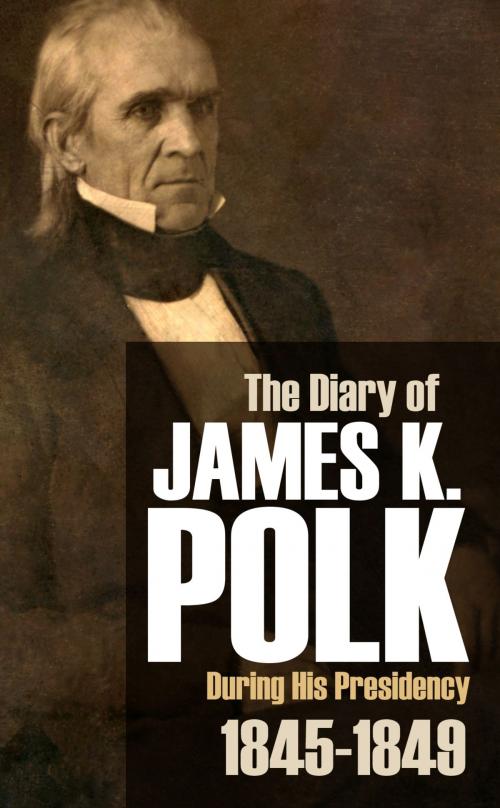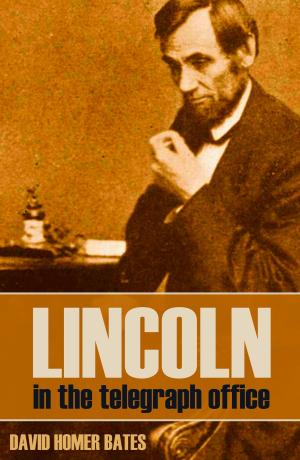The Diary of James K. Polk During His Presidency
Nonfiction, History, Americas, United States, Civil War Period (1850-1877), Biography & Memoir, Political| Author: | James K. Polk | ISBN: | 1230001141467 |
| Publisher: | BIG BYTE BOOKS | Publication: | May 20, 2016 |
| Imprint: | Language: | English |
| Author: | James K. Polk |
| ISBN: | 1230001141467 |
| Publisher: | BIG BYTE BOOKS |
| Publication: | May 20, 2016 |
| Imprint: | |
| Language: | English |
“There are three key reasons why James K. Polk deserves recognition as a significant and influential American president,” Polk biographer, Walter Borneman, wrote. “First, Polk accomplished the objectives of his presidential term as he defined them; second, he was the most decisive chief executive before the Civil War; and third, he greatly expanded the executive power of the presidency, particularly its war powers, its role as commander-in-chief, and its oversight of the executive branch." President Harry S. Truman summarized this view by saying that Polk was "a great president. Said what he intended to do and did it."
The ramifications of Polk's presidency resound down to our own day. The most controversial action he took was the invasion of Mexico. Criticism by a young congressman by the name of Abraham Lincoln's hurt Lincoln's re-election to the congress.
It was a war that saw action by Robert E. Lee, Ulysses S. Grant, and many others who would later fight in the Civil War. Polk's decision is still debated on ethical grounds. Grant later wrote, "I was bitterly opposed to the [Texas annexation], and to this day regard the war, which resulted, as one of the most unjust ever waged by a stronger against a weaker nation."
Polk was a fervent believer in Manifest Destiny and is the president considered most influential in expanding the U.S. across the continent. He was a lifelong slave-holder and was considered by abolitionists to be a tool of the pro-slavery powers.
Here are Polk's own words, for the very first time with all three volumes of his historic diary together in one e-book.
Be sure to LOOK INSIDE or download a sample.
This edition has been abridged and annotated.
“There are three key reasons why James K. Polk deserves recognition as a significant and influential American president,” Polk biographer, Walter Borneman, wrote. “First, Polk accomplished the objectives of his presidential term as he defined them; second, he was the most decisive chief executive before the Civil War; and third, he greatly expanded the executive power of the presidency, particularly its war powers, its role as commander-in-chief, and its oversight of the executive branch." President Harry S. Truman summarized this view by saying that Polk was "a great president. Said what he intended to do and did it."
The ramifications of Polk's presidency resound down to our own day. The most controversial action he took was the invasion of Mexico. Criticism by a young congressman by the name of Abraham Lincoln's hurt Lincoln's re-election to the congress.
It was a war that saw action by Robert E. Lee, Ulysses S. Grant, and many others who would later fight in the Civil War. Polk's decision is still debated on ethical grounds. Grant later wrote, "I was bitterly opposed to the [Texas annexation], and to this day regard the war, which resulted, as one of the most unjust ever waged by a stronger against a weaker nation."
Polk was a fervent believer in Manifest Destiny and is the president considered most influential in expanding the U.S. across the continent. He was a lifelong slave-holder and was considered by abolitionists to be a tool of the pro-slavery powers.
Here are Polk's own words, for the very first time with all three volumes of his historic diary together in one e-book.
Be sure to LOOK INSIDE or download a sample.
This edition has been abridged and annotated.















